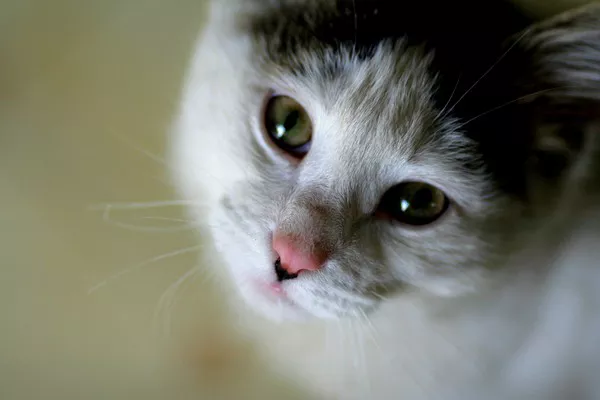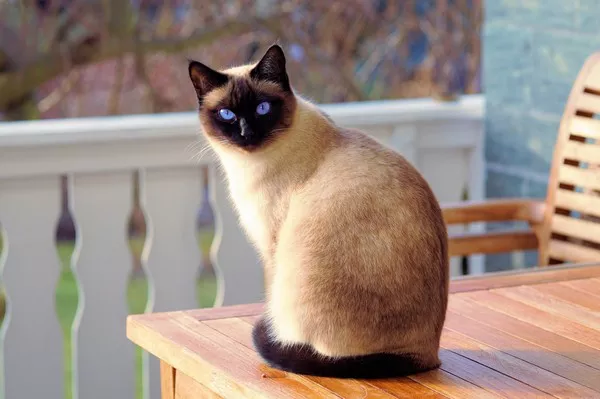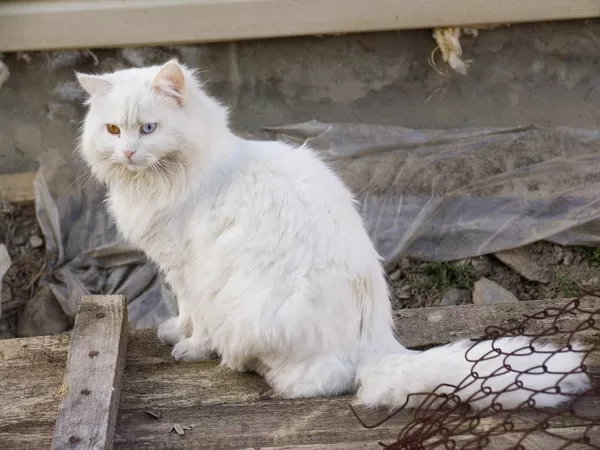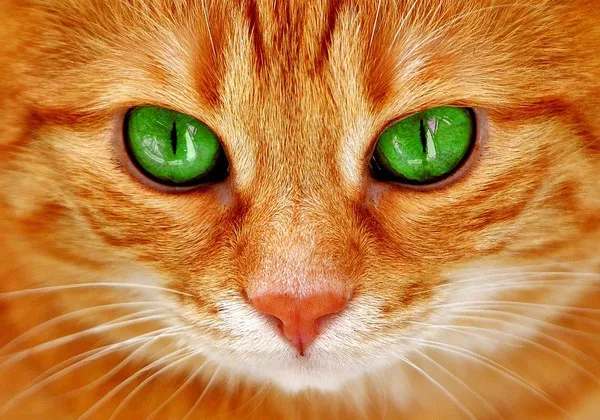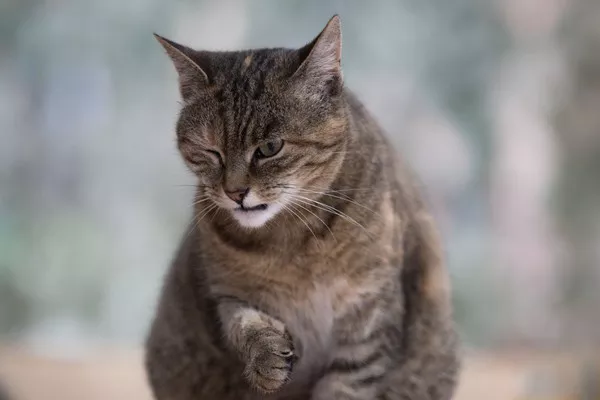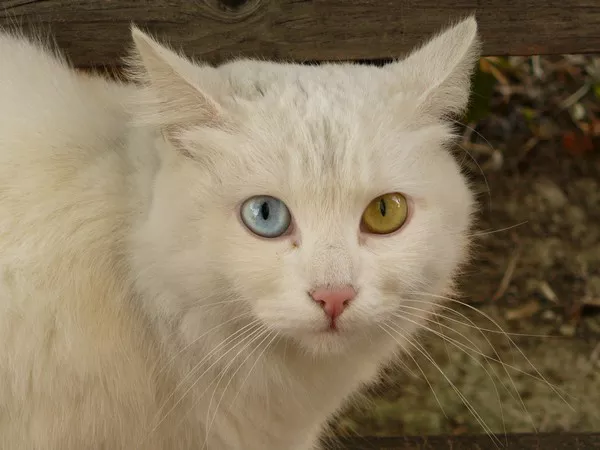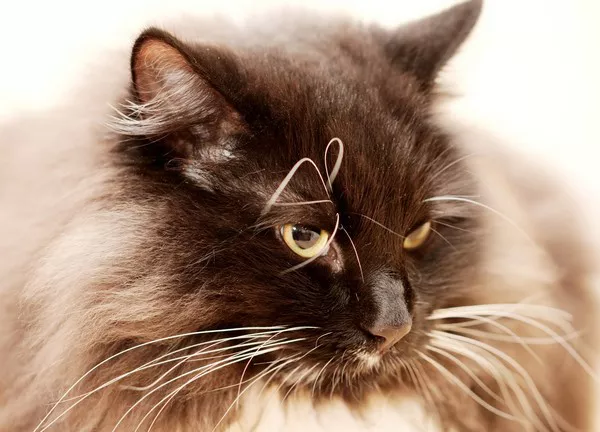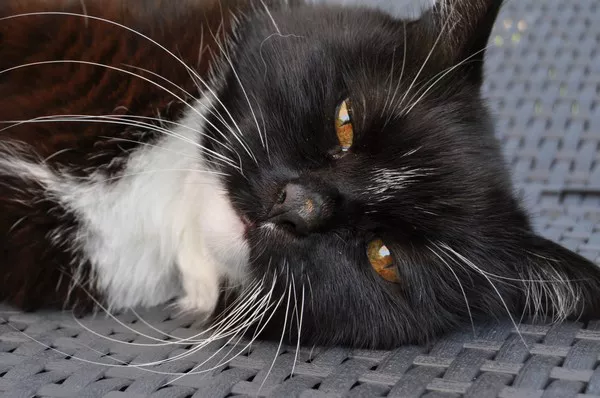Cats are curious creatures with a penchant for exploring the world around them, including the food on our plates. As cat owners, we often find ourselves wondering about the safety and suitability of various human foods for our feline companions. Cheesecake, with its creamy texture and indulgent flavor, is a dessert enjoyed by many, but is cheesecake safe for cats to eat? In this comprehensive article, we’ll delve into the topic of cats and cheesecake, drawing insights from veterinary professionals to provide a clear understanding of the potential risks and considerations associated with feeding this sweet treat to our beloved feline friends.
Understanding Feline Nutrition
Before we explore the specifics of cats and cheesecake, it’s essential to have a basic understanding of feline nutrition. Cats are obligate carnivores, meaning their natural diet consists primarily of animal-derived protein. Unlike omnivores, such as humans and dogs, cats have unique dietary requirements that include essential amino acids, vitamins, and minerals found predominantly in animal tissues.
While protein is crucial for a cat’s health and wellbeing, they also require certain fats for energy and essential fatty acids, such as omega-3 and omega-6, for skin and coat health. Additionally, cats need vitamins and minerals, including taurine, vitamin A, and calcium, to support various bodily functions and maintain optimal health.
The Cheesecake Conundrum: Is it Safe for Cats?
Cheesecake is a delectable dessert made from cream cheese, sugar, eggs, and other ingredients, often layered on a crumbly crust and topped with fruit or whipped cream. While cheesecake is a popular indulgence for humans, its suitability for feline consumption is less clear-cut. So, can cats eat cheesecake?
According to veterinary professionals, cheesecake is not recommended as a treat for cats. While the individual ingredients in cheesecake may not be toxic to cats in small quantities, the combination of ingredients and the rich, high-fat nature of cheesecake can pose several risks to feline health.
1. Lactose Intolerance:
Many cats are lactose intolerant, meaning they lack sufficient lactase, the enzyme necessary to digest lactose, the sugar found in dairy products. Without enough lactase, lactose remains undigested in the gastrointestinal tract, leading to gastrointestinal upset, including diarrhea, vomiting, and abdominal discomfort. Cheesecake contains significant amounts of dairy products, including cream cheese, which can exacerbate lactose intolerance symptoms in sensitive cats.
2. High Fat Content:
Cheesecake is notoriously high in fat, particularly saturated fat, which can be problematic for cats, especially those prone to obesity or gastrointestinal issues. Excessive fat consumption can contribute to weight gain, pancreatitis, and other digestive disorders in cats. Feeding cheesecake to cats regularly or in large quantities can increase the risk of health complications associated with dietary fat intake.
3. Sugar Content:
Cheesecake is typically sweetened with sugar, which provides little to no nutritional value for cats and can lead to weight gain, dental problems, and metabolic issues, such as diabetes, when consumed in excess. Cats do not require added sugars in their diet, and feeding them sugary foods like cheesecake can disrupt their natural metabolic processes and lead to health problems over time.
4. Potential Allergies and Sensitivities:
Like humans, cats can develop allergies or sensitivities to certain foods, including dairy products like cream cheese. Allergic reactions in cats may manifest as skin irritation, itching, gastrointestinal upset, or respiratory symptoms. Feeding cheesecake to cats with known or suspected food allergies can exacerbate existing symptoms and should be avoided.
5. Nutritional Imbalance:
While cheesecake may provide some nutrients, such as protein and calcium from dairy products, it is not a balanced or complete diet for cats. Cheesecake lacks essential nutrients, such as taurine and vitamin A, that are crucial for feline health. Feeding cheesecake to cats as a regular part of their diet can lead to nutritional deficiencies and health problems over time.
Alternatives to Cheesecake for Cats:
Instead of feeding cheesecake to cats, there are many safe and nutritious treats specifically formulated for feline consumption. Commercial cat treats made from high-quality ingredients, such as meat, poultry, or fish, are an excellent choice for rewarding your cat without risking their health. Additionally, small amounts of cooked lean meat, such as chicken or turkey, can be offered to cats as a occasional treat, provided they are free from seasoning, spices, and other potentially harmful additives.
Consulting with Your Veterinarian:
If you have any questions or concerns about your cat’s diet or nutritional needs, it’s essential to consult with your veterinarian. Your veterinarian can provide personalized guidance based on your cat’s age, weight, health status, and dietary preferences. They may recommend specific dietary modifications or alternative treats to ensure your cat receives a balanced and nutritious diet that supports their overall health and wellbeing.
See Also: Can Burmese Cats Safely Enjoy Cheese?
Conclusion:
While cheesecake may be a tempting treat for humans, it is not suitable for cats due to its high fat, sugar, and dairy content. Feeding cheesecake to cats can lead to digestive upset, weight gain, and other health problems, making it important for cat owners to avoid offering this dessert to their feline companions. By prioritizing their cat’s health and wellbeing and choosing appropriate treats and snacks, cat owners can ensure their furry friends enjoy a happy and healthy life.

